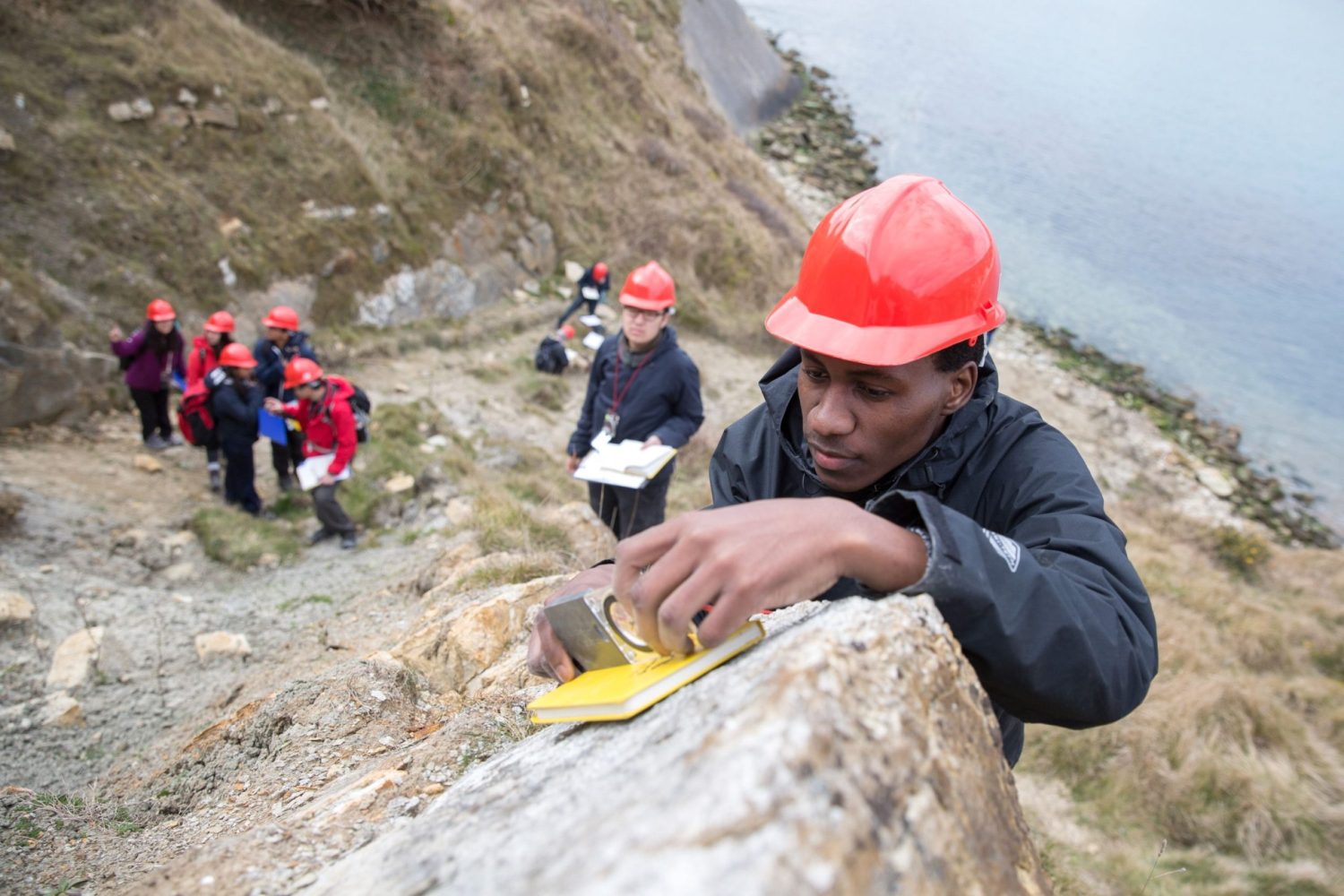A career in marine geology can be an ideal choice for passionate researchers who appreciate studying the ocean and its history. These scientists play a critical role in investigating the ocean floor, its impact on the environment and how to exploit the ocean’s natural resources for human use.
Marine geology is a specialisation of geology that deals with studying the history, and the processes of the ocean floor. Furthermore, geologists in the field research the geography of the bedrock that makes up the bottom of the ocean. A career in marine geology will enable you to research to understand how events in the Earth’s crust under the ocean affect the environment. Additionally, this career path will enable you to have the knowledge to recommend methods that can minimise the impact of natural disasters like earthquakes and tsunamis.
A career as a marine geologist begins with a solid education, advanced skills and relevant experience. In this piece, I will walk you through the steps required to begin a career as a marine geologist.
How to Become a Marine Geologist
-
Obtain an O’ level Certificate
To pursue a career as a marine geologist, you should have a strong foundation in core mathematics and science subjects. Additionally, you should have a minimum of credits in science subjects in your O’level results. With this, you can have a better chance of getting admitted to the university.
-
Earn a Bachelor’s Degree
You should start your career path by earning a bachelor’s degree in geology, environmental science or a related field. You should research schools accredited to study geology before you apply. Additionally, these degrees will provide you with the knowledge you need to conduct scientific research in your field.
-
Gain Practical Experience
You can apply for an internship in a lab or apply for a field research position to obtain experience. Additionally, you can apply to work as a research assistant or research intern. This will enable you to gain hands-on experience in your career path. Additionally, it can add to your resume and make you employable.
-
Obtain a Master’s Degree
You must consider pursuing your degree after your undergraduate education. You need a master’s degree or a higher degree to be able to lead a research team or conduct independent research. Additionally, getting an advanced degree can help you get higher positions in your field.
-
Obtain a Doctorate Degree
You can consider getting a PhD if you want to focus on academia in your career. Additionally, a doctorate will enable you to pursue an advanced research career such as leading a research team. A PhD will show that you are an expert in your field.
-
Join a Professional Organisation
Joining a professional organisation can strengthen your resume and provide you with the ability to network with your geologists. Additionally, you can have opportunities for greater job prospects and career options.
Areas of Specialisation in Marine Geology
- Paleoceanographer: These geologists study the underwater environment such as pH, salinity and the amount of nutrients employing mineral rocks and fossilized aquatic creatures.
- Seafloor Mapping: This area deals with the investigation of the landscape and characteristics of the underwater such as the submarine hills, tunnels and edges of plates.
- Sedimentology: It involves assessing the content, dispersion and transit of seabed deposits to gain knowledge about historical climate changes and natural events.
- Marine Tectonics: These geologists investigate how tectonic plate motions can result in the formation of subduction points, ridges in the ocean floor, as well as faults.
- Marine Geochemistry: This field has to do with examining the chemical composition of coastal and marine water sediments.
Universities that Marine study Geology in Africa
- University of Johannesburg, South Africa
- North-West University, Africa
- University of Ibadan, Nigeria
- Zagazig University, Egypt
- Ain Shams University, Egypt
- University of the Western Cape
- Alexandria University, Egypt
- University of Cape Town, South Africa
- Addis Ababa University, Ethiopia
- University of Nigeria, Nigeria
- Obafemi Awolowo University, Nigeria
- University of Nairobi, Kenya
- Makerere University, Uganda
- University of Ghana, Ghana
- Ahmadu Bello University, Nigeria
- University of Lagos, Nigeria
- Menoufia University, Egypt
- Federal University of Technology, Akure
Skills for Marine Geologists
- Communication Skills
- Public Speaking
- Mechanical Proficiency
- Teamwork
- Analytical Thinking
Starting a career in marine geology will give more insights about the marine environment. This is an interesting career path that broadens your knowledge. However, you need to be dedicated to acquiring the necessary skills and knowledge that will enable you to excel in this career path.
Good luck!

